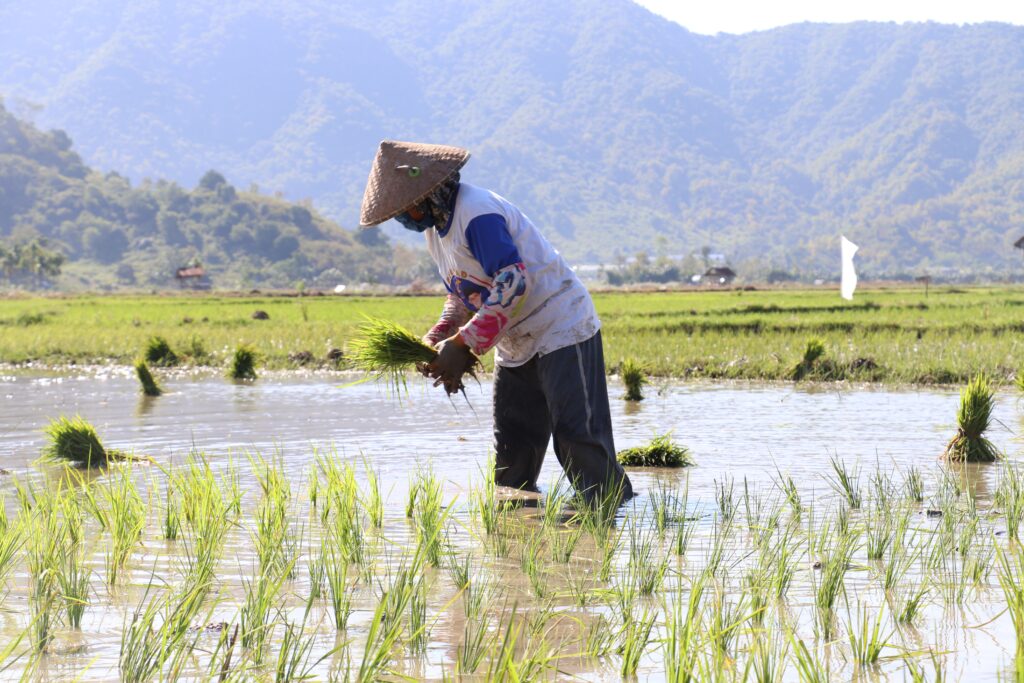 Agriculture has come a long way since its inception. From subsistence farming to industrial farming, technology has shaped the way we cultivate crops and livestock. However, with the growing demand for food, modern agriculture faces a unique set of challenges. These challenges demand a shift toward sustainable and innovative solutions.
Agriculture has come a long way since its inception. From subsistence farming to industrial farming, technology has shaped the way we cultivate crops and livestock. However, with the growing demand for food, modern agriculture faces a unique set of challenges. These challenges demand a shift toward sustainable and innovative solutions.
The Ever-Evolving World of Farming
The world of agriculture is constantly evolving. Climate change, urbanization, and population growth are just a few factors that affect the industry. Climate change, in particular, has led to unpredictable weather patterns, which have made it difficult for farmers to plan their crops. Urbanization has also posed a challenge, as farmlands continue to give way to urbanization. Despite these challenges, farmers have adapted by using precision agriculture techniques, which involves the use of technology to optimize yields.
Sustainable Solutions for Growing Demands
The demand for food is growing at a rapid pace. With the world population expected to reach 9.7 billion by 2050, there is a need for sustainable solutions to feed the growing population. Sustainable agriculture involves practices that maintain soil fertility, conserve water, and reduce the use of chemical fertilizers and pesticides. Farmers are also adopting vertical farming, which involves growing crops in vertically stacked layers, as a way to optimize space and reduce the impact on the environment.
Innovations that are Transforming Agriculture
The use of technology in agriculture is transforming the industry. From drones to smart tractors, technology is helping farmers optimize yields and reduce the impact on the environment. Drones are used to monitor crop growth, identify areas that need attention, and spray crops with precision. Smart tractors are equipped with GPS technology, which allows farmers to optimize their routes, reduce fuel consumption, and increase efficiency.
Conquering the Challenges of Tomorrow
The challenges of tomorrow demand a shift towards sustainable and innovative solutions. Farmers must continue to adapt to the ever-evolving world of farming, utilizing precision agriculture techniques to optimize yields while minimizing the impact on the environment. Vertical farming and sustainable agriculture practices must be adopted to meet the growing demand for food. Finally, the use of technology must be embraced to transform the industry. The future of farming looks bright, and with the right solutions, we can conquer the challenges of tomorrow.
With the ever-evolving world of farming, sustainable solutions, innovative technology, and a willingness to adapt, modern agriculture can overcome the challenges it faces. We are excited to see what the future holds for this vital industry.
